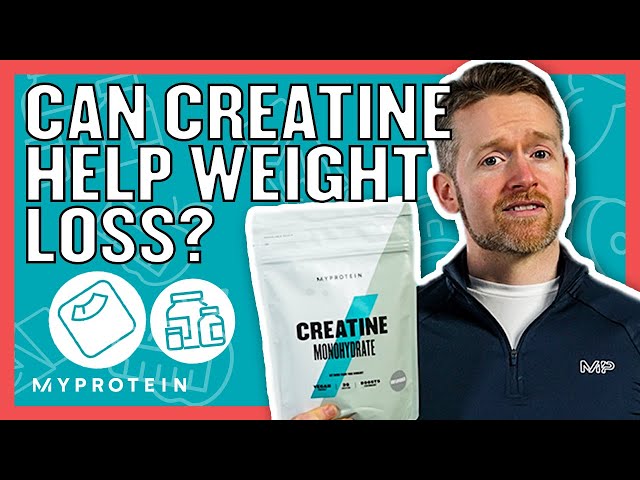
When one embarks on the weight loss journey, the landscape is often flooded with advice and supplements promising incredible results. Among them, creatine—a powerhouse for building muscle—sometimes finds its way into discussions about shedding pounds. But, does creatine help with weight loss? The answer isn't straightforward, and understanding the implications of creatine supplementation while aiming for weight loss is essential.
A common misconception is that creatine can directly lead to weight loss. Rather, it’s important to recognize that creatine primarily serves to enhance muscle mass and performance during workouts. As noted by registered dietitian Destini Moody, "Creatine doesn’t directly cause you to gain or lose fat." Instead, its effects are more nuanced, especially for those adjusting their bodies toward a leaner look.
It's crucial to understand the mechanics of how creatine works. The supplement increases the availability of phosphocreatine in muscles, which facilitates ATP production—adenosine triphosphate—providing the energy needed for high-intensity workouts. This enhanced energy capacity can translate to more effective training sessions, potentially leading to fat loss over time. Jillian, a fitness expert, states, "If you lift heavier and train harder, you're likely to burn more calories, which can support your weight loss goals." This underscores the indirect benefits of creatine: by maximizing workout potential, it sets the stage for increased calorie expenditure.
Moreover, research indicates that weight training, combined with creatine, can contribute to fat loss. A study referenced by health professionals highlighted that adults supplementing with creatine lost approximately 0.5 kg more fat mass compared to those on a placebo, although this result was not statistically significant. While not a miracle weight loss solution, it hints at a possible link.
People often wonder, should you take creatine while trying to lose weight? The answer leans towards yes, especially if the goal is to maintain or enhance muscle mass during a caloric deficit. Creatine can assist in muscle preservation, which is particularly vital when cutting calories. The added water retention in muscles can also enhance their appearance, making them look fuller, which many bodybuilders and athletes strive for during cutting phases.
There's another facet to creatine worth mentioning: the potential impact on metabolism. By increasing muscle mass, which is metabolically active tissue, creatine could lead to a slight uptick in resting metabolic rate. As noted by nutritionist experts, any increase in metabolic rate—even if small—can support weight management efforts.
However, misconceptions persist. Many people experience initial weight gain when starting creatine, primarily due to water retention. This can lead to discouragement, especially for those focused on losing weight. As a fitness community member shared on a forum, "I felt frustrated seeing the scale go up after I started taking creatine, but I realized it was just water weight and not fat gain." This sentiment emphasizes the need for patience when embarking on a fitness regimen that includes creatine.
Nevertheless, this water retention may mask actual fat loss. Therefore, it's advisable to focus on body composition rather than solely on the number on the scale. Monitoring how clothes fit or taking measurements can be more indicative of progress.
In addition, addressing the timing of creatine supplementation during weight loss is critical. Experts suggest cycling creatine use—incorporating loading phases followed by maintenance doses—to optimize its benefits. Loading typically involves taking about 20 grams per day for a week before decreasing to a maintenance dose of 3 to 5 grams daily. Ultimately, individual responses may vary.
Ultimately, the question of does creatine help with weight loss leads to a broader understanding of its role in fitness. Creatine is not a magic pill for weight loss, but rather a tool that can potentially aid in enhancing workouts, supporting muscle maintenance, and thereby contributing to overall fat loss goals indirectly.
In a nutshell, to optimize weight loss while using creatine, consider implementing these strategies:
- Emphasize strength training to harness the muscle-building benefits of creatine.
- Monitor water intake to manage any potential bloating or water weight challenges.
- Maintain a caloric deficit while ensuring adequate protein intake to support muscle recovery.
- Focus on body composition changes rather than scale weight alone.
Finally, personal experiences vary. Engaging with a healthcare professional or nutritionist can provide tailored advice and clarify how best to navigate your fitness journey with creatine. The road to weight loss is multifaceted and may be better with informed decisions about supplementation—but creatine remains primarily a strength-building agent in the realm of fitness.







